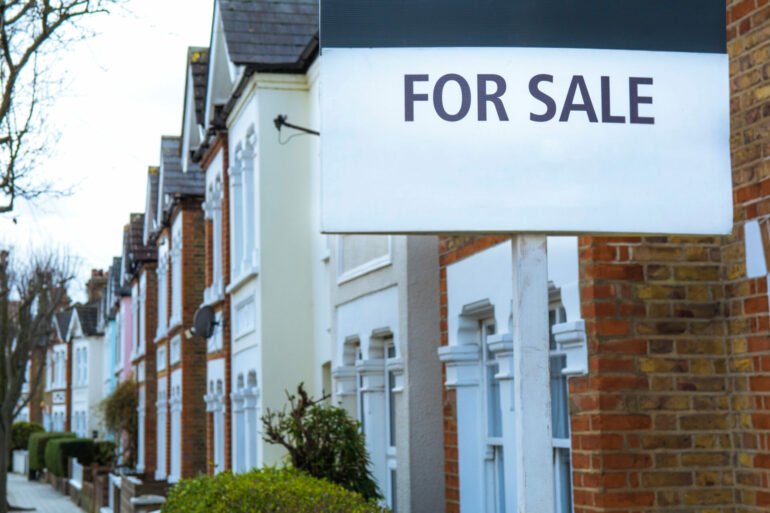Mojo Mortgages has analysed Office for National Statistics data to highlight the real-world impact of the gender pay gap on homeownership for single women, revealing that women must save for nearly four times longer than men to afford a deposit.
The research found that men earn, on average, £2,568 per month after tax, compared to £2,146 for women, a difference of £422 per month. Helen Lovell, senior mortgage broker at Mojo Mortgages, said: “This £422 monthly gap directly impacts mortgage borrowing potential. The more you earn, the more you can borrow, which can determine whether you can secure a mortgage in your desired area or for your preferred property type.”
After deducting household bills and essential expenses of £889 per month, men have a monthly saving capacity of £531, while women can save just £377 – a difference of £154, or 40%. Mojo Mortgages found that this savings gap significantly affects mortgage affordability, leaving women with longer saving periods and increasing the risk of house prices rising further out of reach.
On average, women need to save a 28% deposit (£53,648) for a flat or maisonette, compared to a 10% deposit (£19,160) for men – a difference of £34,488. Most lenders cap borrowing at around 4.5 times a person’s annual salary, and for men, a 10% deposit allows them to achieve a 4.3 mortgage-to-salary ratio, which is within typical lending criteria. However, women need to save a 28% deposit to reach a 4.46 ratio, just meeting the standard threshold.
Lovell added: “As our research shows, the gender pay gap translates into a substantial mortgage affordability gap. Women often need to save nearly three times the deposit amount compared to men to meet standard lending criteria. This creates a more challenging and prolonged path to property ownership for women.”
Mojo Mortgages calculated that men take, on average, three years to save for a deposit, whereas women take 11 years and nine months – a difference of eight years and nine months.
Lovell said: “This near-decade difference represents more than just time; it’s a significant portion of a woman’s life spent in financial limbo. The extended saving period of almost nine years doesn’t just delay homeownership – it can significantly impact mortgage affordability, borrowing potential, and long-term property investment strategies.
“At Mojo Mortgages, we’re committed to understanding these challenges and providing tailored mortgage advice that recognises the unique financial journeys of women seeking to buy their first home.”



